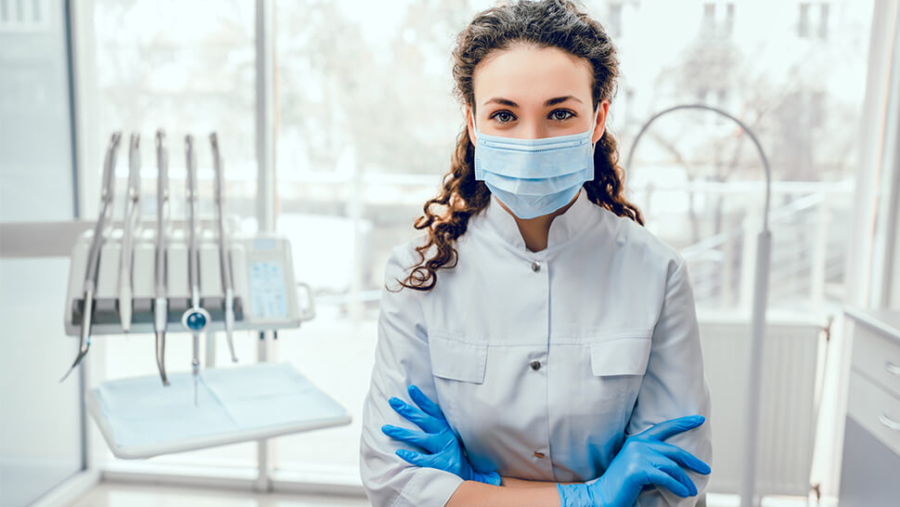

Some five weeks ago, the Chief Dental Officers issued their third Covid-19 preparedness letter which ended all routine care, and most, or all urgent care, in general dental practices throughout the UK.
Effectively:
- all routine dental care (including orthodontics) ceased
- all aerosol generating procedures stopped
- all face-to-face urgent care in England and Scotland ended
- Urgent Dental Centres were established.
Over the next couple of weeks, we expect a relaxation of the measures put in place to stop the spread of the virus. As the country prepares to move into this new phase, we believe that practices once more will need to be prepared for inspections to resume and that the regulatory organisations will seek to enforce against those practices and individuals who they consider have fallen short of the fundamental standards of care, even though, in most cases, providers have been given little external help or resource.
Top tips for returning to practice
With the PM returning to his desk this week, we understand that there are ongoing discussions and dialogue with the government about the relaxation of the current restrictions. We understand that in Wales the British Dental Association (BDA) is expecting to have early discussions with Chief Dental Officer Colette Bridgman on how the contractual framework might develop and in Scotland and England the BDA is developing position papers on issues to consider around the return to practice.
From our perspective, regulatory inspections are likely to recommence soon and they are likely to focus on identifying non-compliance. With this in mind, we would recommend concentrating on the following aspects post-pandemic, as well as any position and guidance handed down from the government.
Equipment and patient safety
Currently there remains an absence of tools to ensure Covid-19 screening accuracy; any increase in dental care beyond emergencies only must ensure that treatment can be provided safely for patients and the practice team alike. This means that dental personnel must have:
- Access to appropriate and plentiful PPE to protect against potentially infectious aerosol transmission. You should document all efforts to obtain PPE and your decisions to re-use it if applicable.
- Viable options for eliminating, reducing or containing aerosol production during care.
- Continued access to training on Covid-19-specific protocols and procedures.
Regulators will also wish to see evidence of reliable systems, processes and practices in place to keep people safe, which includes maintaining equipment and ensuring your HVAC systems are well maintained and are performing accurately to ensure good ventilation and removal of contaminants in the circulated air.
Record keeping and paperwork
- You should check paperwork is up to date, especially your health and safety risk assessments and method statements relating to Covid-19.
- Documentary evidence is key to any inspection – if you are unable to demonstrate compliance, an inspector is unlikely to be satisfied you are complying with the legal requirements.
- Update your policies and procedures to account for new ways of working, especially with regards to aerosol generating activities.
- As government guidance is changing rapidly, it would be wise to record how you have received this guidance and how you are adapting to it and putting it into practice.
Staff training
- Refresh staff knowledge about dealing with infectious diseases, including Covid-19.
- Look at training relating to safeguarding and provide refresher learning and development opportunities.
- Make sure that your staff know where they can access key information such as key telephone numbers and up-to-date copies of the practice’s policies and procedures.
Be inspection ready
Whilst the current circumstances are certainly unprecedented, normality (or at least a new form of it) will eventually prevail.
As noted above, we expect the government to make announcements soon regarding the relaxation of certain restrictions. When this happens, we advise being ‘inspection-ready’.










